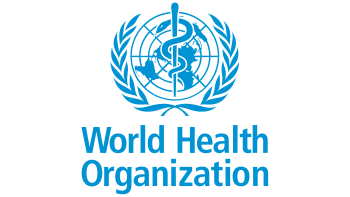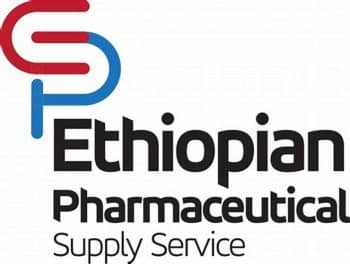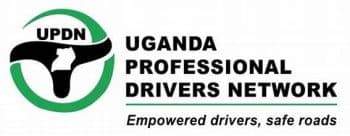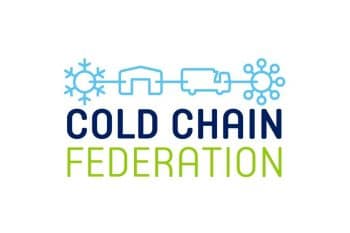Our Programmes

Emergency Transport Scheme (ETS) in Adamawa State, Nigeria
Project background
In July 2013, Transaid and the Society for Family Health (SFH) embarked on a five-year initiative funded by Comic Relief UK to enhance maternal health services access in rural Adamawa State, Nigeria. With Nigeria facing a maternal mortality ratio of 576 deaths per 100,000 live births in 2013, among the highest in sub-Saharan Africa, the program focused on implementing an Emergency Transport Scheme (ETS) in collaboration with the National Union of Road Transport Workers (NURTW). The project was funded by Comic Relief UK and partners included the NURTW, Society for Family Health Nigeria, Adamawa State Ministry of Women Affairs, Adamawa State Primary Health Care Development Agency, and Adamawa State Ministry of Health.
The ETS initiative engaged 741 commercial taxi drivers across 16 Local Government Areas (LGAs), serving nearly 3.1 million people. These drivers were trained to swiftly transport women in labour or experiencing maternal complications to local health facilities, addressing delays identified by Thaddeus and Maine (1994) as critical in maternal health outcomes.
Methodologically, a March 2017 ETS User Survey gathered insights from 150 women aged 13-49 who had utilised the service, highlighting its effectiveness in providing rapid, affordable transport. Concurrently, the Health Facility Study conducted from June to September 2017 across nine health facilities in three LGAs demonstrated that ETS users arrived in better health conditions compared to those using any other transport modes.
Results
Key findings included:
- 99% of ETS trips completed within one hour, contributing to improved health outcomes.
- Only 4% of women were charged for transport, affirming ETS affordability.
- 90% of women had facility-based deliveries, underscoring ETS’s influence on health-seeking behaviour.
- Community engagement through family members, drivers, and health facilities proved effective in promoting ETS awareness.
In conclusion, the program facilitated 18,873 women reaching health facilities via ETS, impacting maternal health outcomes in Adamawa State. The findings emphasize transport affordability and availability as pivotal in shaping women’s health-seeking decisions, especially in marginalised communities.
More Programmes









